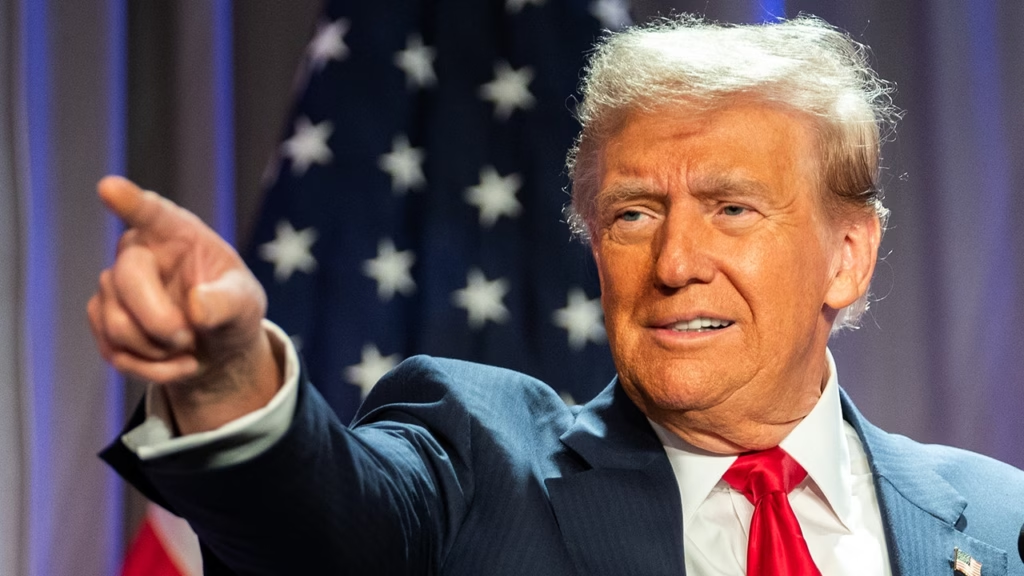Republican leaders are expressing concern that critical tax policies from the Trump administration may face expiration at the end of 2025. This worry arises as some congressional leaders consider dividing a significant budget bill into two separate pieces.
Reconciliation is a legislative tool that allows important issues, including taxes and federal spending, to bypass the usual 60-vote requirement in the Senate, instead allowing passage with a simple majority of 51 votes. This process is typically utilized once a year.
Recently, incoming Senate Majority Leader John Thune proposed a plan to split the GOP’s priorities into two tracks: one would focus on border security and defense, while the second would concentrate on advancing President Trump’s tax policies. This suggestion has garnered support from key Trump advisor Stephen Miller.
However, House Republicans on the Ways and Means Committee, led by Chairman Jason Smith, are worried that this approach could jeopardize their chances of prolonging the 2017 Tax Cuts and Jobs Act. Representative Nicole Malliotakis from New York emphasized the dangers of delaying action on these tax cuts, warning that any delays could lead to tax increases for Americans. She noted that a slight majority in Congress could pose risks of stalling progress.
Chairman Smith pointed out the rarity of passing two reconciliation bills in a single year, a feat not accomplished since 1997. He believes that all key issues, including taxes, border security, energy, and permitting, should be bundled together in a single reconciliation bill to meet their objectives.
The ongoing debate highlights the divisions among Republican leaders as they strive to align with President Trump’s agenda. Some members are more cautious, stressing the need to act quickly on tax proposals, while others are advocating for a more deliberate approach.
As discussions continue, lawmakers are focused on the essential task of passing tax legislation that they believe will benefit American families. Failure to achieve these goals could result in substantial tax increases for citizens by the end of 2025, underscoring the urgency of uniting the party around a cohesive strategy.




